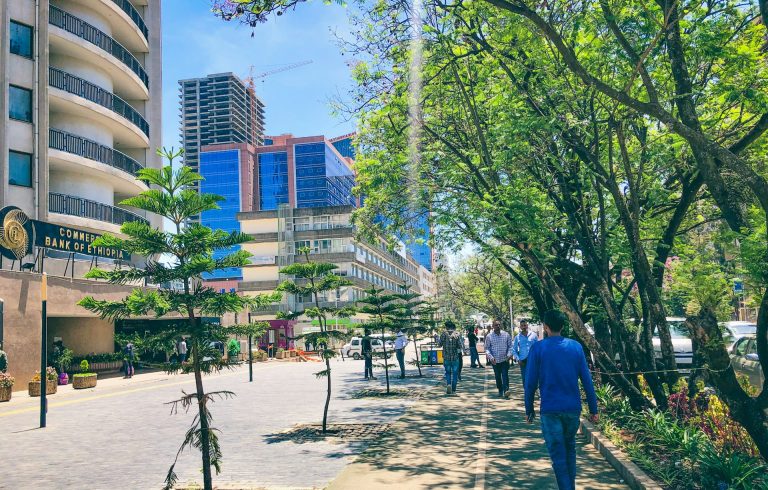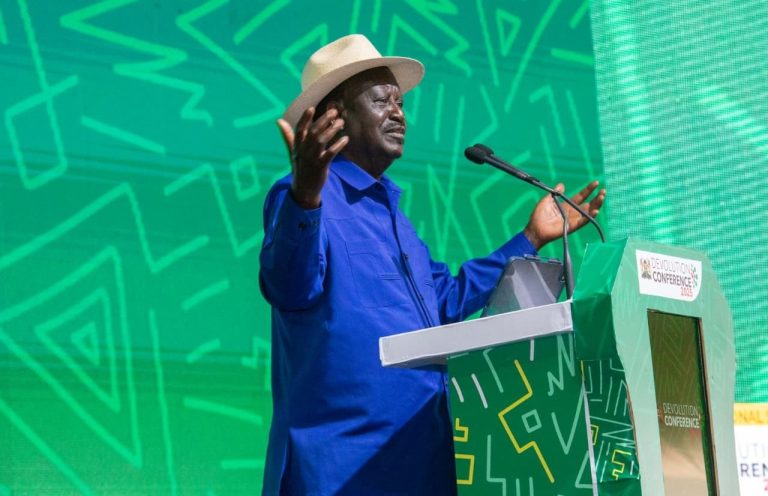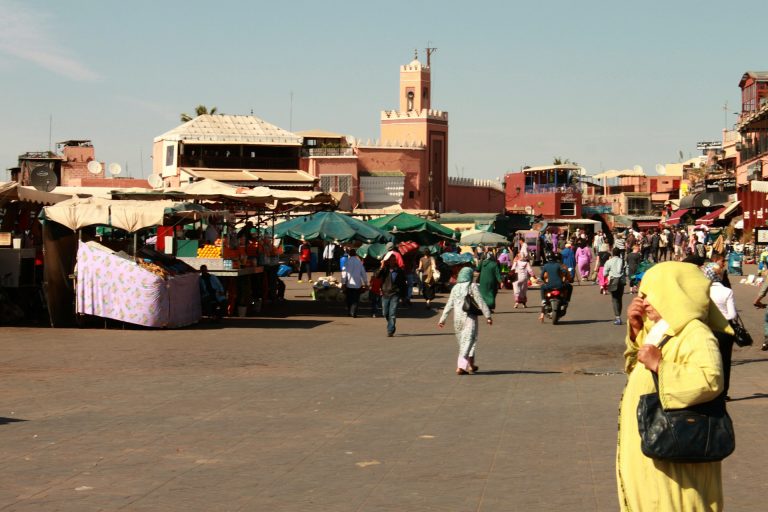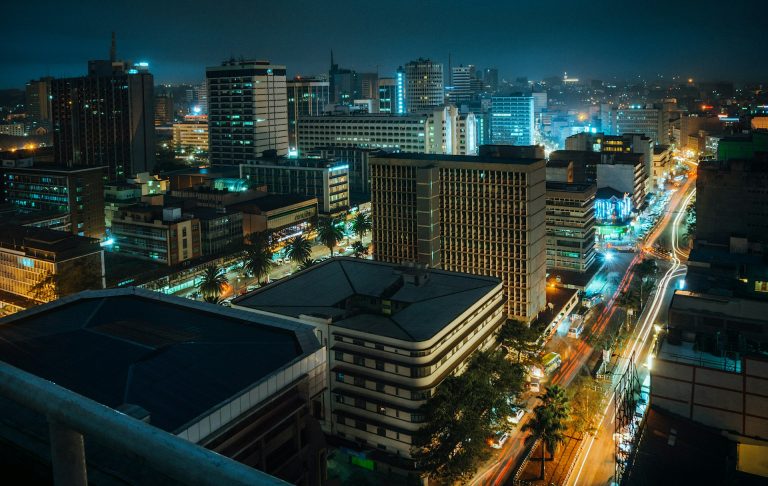- Experts warn Ghana’s debt profile makes external borrowing risky
- President Mahama says IMF-backed reforms require consolidation first
ACCRA, GHANA – Ghana’s refusal to rush back into the international capital markets is stirring debate about whether caution or urgency best serves its recovery.
Finance experts argue that fiscal restraint and reliance on domestic borrowing may be the only path to restore credibility and reduce the country’s crippling debt burden.
Nelson Cudjoe Kuagbedzi, Head of Finance at Merban Capital Ltd, said Ghana must resist the temptation of quick access to foreign funds.
“If you look at the tone of the government since the assumption of office, it is clear that the government wants to embark on prudent fiscal measures to tame down on the public debt,” he told Allen Dreyfus.
“To this effect, the best way is to resort to borrowing domestically and also raise enough domestic revenue to finance the annual budget.
“I also think that the government wants to consolidate all the gains they have made and also to have an enhanced credit rating before resorting to the international capital market,” Kuagbedzi added.
Ghana’s current B- rating, though an improvement, still makes external debt expensive.
A history of dependence
Ghana lost access to global markets in 2022 after years of Eurobond reliance collided with soaring debt and a balance of payments crunch. The IMF’s $3 billion bailout in May 2023 offered breathing space, but analysts caution that any premature borrowing spree risks undoing progress.
President John Mahama echoed that sentiment during his first presidential press conference last week, stressing the need for stability.
“We have survived without going to the capital market; we should not be in a hurry to return to it. For me as president, I will not favour a return. I think we should go like this for a while and consolidate the economy,” he said.
Resetting credibility
The administration has sought to frame its fiscal discipline as a new era of governance, with Mahama pointing to policies such as the removal of nuisance taxes, targeted trade incentives, and tighter oversight of banks accused of forex diversion.
“We’re here to restore the soul of the nation and revive its economy,” Mahama declared, arguing that stabilising the cedi and enforcing accountability are central to his Resetting Ghana Agenda.
For experts, the deeper test lies ahead: whether Ghana can demonstrate enough fiscal consolidation to lower debt risks and earn cheaper credit ratings before re-entering international markets.
As Kuagbedzi put it, “domestic borrowing is the best way to go for now in order to consolidate the gains, reduce our debt stock and put the economy on sound footing for growth.”










